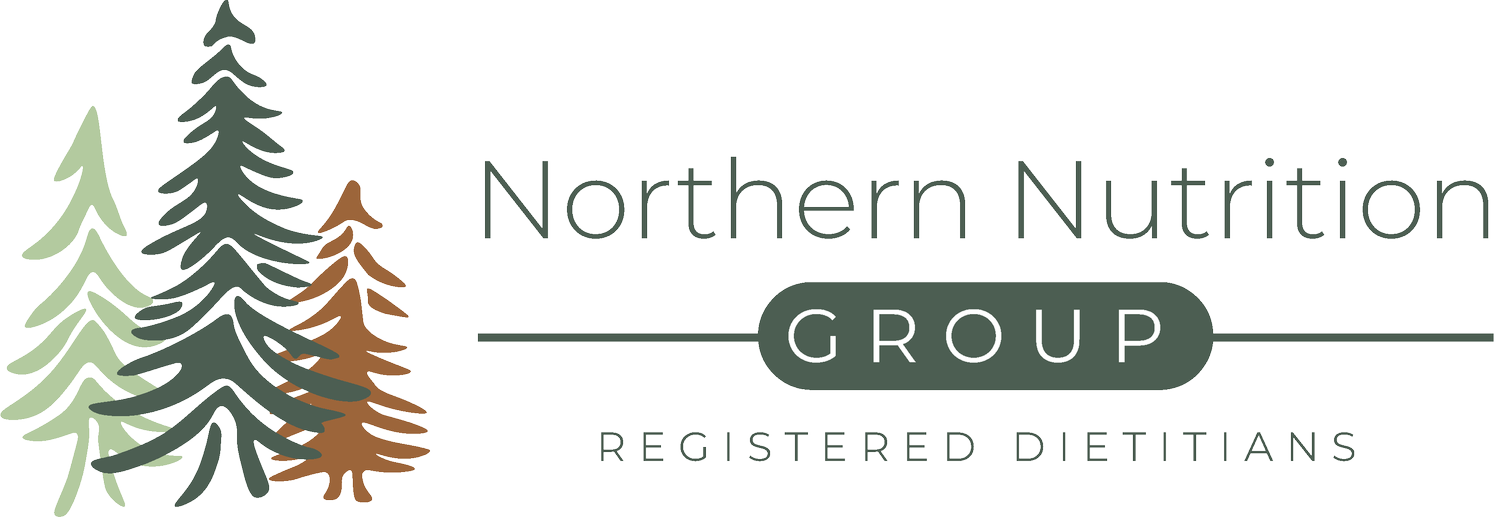A Dietitian’s Guide to Quality Nutrition Podcasts
Have you ever listened to a nutrition podcast and wondered, “Is this actually good advice?”
You’re not alone! With so many voices in the wellness space, it can be tough to tell what’s truly grounded in nutrition based evidence and what’s more a personal opinion. Podcasts can be a great way to learn about nutrition, especially from the comfort of your commute or even while folding laundry, but not all shows are created equal. In this post, we will walk you through how to spot quality nutrition podcasts so you can feel confident about the information you’re tuning into.
Why Podcast Quality Matters
Nutrition misinformation is EVERYWHERE, and unfortunately, some podcasts unintentionally add to the confusion. While many hosts have good intentions, they may not always have the training to interpret research or provide safe, inclusive nutrition advice. Some shows may promote rigid food rules, trendy diets, or a one-size-fits-all message that are unable to reflect the complexity of nutrition or individuals specific nutrition needs.
The good news? Plenty of podcasts do offer thoughtful, evidenced-based conversations about food, health and well-being, you just need to know how to find them!
Red Flags to Watch For
When exploring a new podcast, consider asking yourself questions like:
Does the host have formal training or credentials in nutrition like a Registered Dietitian Nutritionist (RDN)?
Is there an overemphasis on “quick fixes” or dramatic results?
Do they promote restrictive eating, detoxes, or cleanses?
Is the language around food rigid, judgmental, or fear-based?
Are sponsors or products heavily promoted without transparency?
If a show leaves you feeling anxious, guilty or confused about food, it might not be the right fit.
Green Flags: What to look for
On the flip side, high-quality nutrition podcasts often:
Feature registered dietitians, physicians, researcher or other trained professionals
Focus on evidenced-based, balanced perspectives
Invite guests with diverse expertise and lived experiences
Promote inclusive, compassionate language around food and body image
Encourage critical thinking over clickbait topics
How to Vet a Podcast
A little investigative work goes a long way. Look up the host’s background, are their qualifications clear and verifiable? Scroll through recent episode titles to get a feel for the tone. Listen to a short clip: Does it feel informative and balanced, or more sales-driven or extreme? You can also check reviews or ask a professional you trust for recommendations.
A Few of Northern Nutrition Groups Favorite Podcasts
Here are a few podcasts we recommend that consistently offer reliable, inclusive nutrition content:
Find Food Freedom- created to help take simple steps towards food freedom and body respect.
The Body Trust Podcast - a podcast about collective healing and the radical journey of body reclamation in a culture of anti-fatness, weight stigma, disordered eating and other traumas.
The No Food Rules Podcast - a podcast dedicated to teaching others the steps to intuitive eating
Making It Awkward - a weekly conversation to challenge societal norms and myths in nutrition, health policy, and wellness culture.
Final Thoughts
You deserve nutrition content that feels supportive, inclusive and rooted in real science, not fear or confusion. With a little guidance, you can fill your podcast queue with voices that help you feel informed, empowered and at peace with food.
Have a podcast you’re unsure about? Looking for more recommendations? Reach out- we’re happy to help you navigate the world of social media with you!
Written by Jessy Griffel, RD, LN, CNSC
Jessy specializes in: Oncology - supporting individuals through cancer treatment, remission, malnutrition, food aversions, focused nutrition care and enteral nutrition support therapy (tube feeding support) and preventive strategies. Athletes/outdoor enthusiast, plant-based (vegetarian/vegan) diets, nutritional deficiencies and abnormal lab values, and weight concerns.
